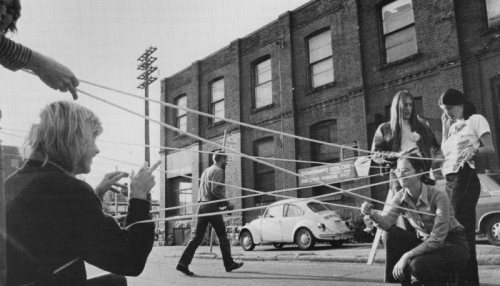Join us on Friday 7th June as we host another Open Hours session between 1 and 2pm at the Digital Humanities Hub | Te Pokapū Matihiko o Te Kete Aronui!
Topic – Analogue archaeology and the digital toolkit
Our guest this week is Dr Tim Thomas from the Department of Archaeology at Otago. He will be discussing his experiences in using digital technologies within Archaeology and sharing some of the projects he’s been working on.
Tim’s work is often interdisciplinary and uses multiple sources of data, including archaeological evidence, oral history, and archival records. He has experience in using Geographical Information Systems (GIS) and through various research projects has been working with new digital forms of data collection, documentation and dissemination – including the use of a drone to map and 3D model landscapes.
Reading
These readings discuss the importance, and limitations, of preserving cultural monuments and heritage sites around the world (at risk from natural disasters, war, tourism or urbanisation) and how advancing technology such as 3D scans and drones are assisting Archaeologists, Researchers, Libraries, Museums and nonprofit organisations around the world to achieve this.
Google Unveils Incredibly Detailed 3D Models of At-Risk Heritage Sites
Preservationists race to capture cultural monuments with 3D images
Projects
Open Heritage – Open Heritage is an initiative to provide free access to high resolution 3D data of cultural heritage sites across the world. It is a joint project between CyArk, Historic Environment Scotland and the University of South Florida Libraries. This includes two 3D models and data sets from New Zealand Waitangi Treaty Grounds- Waitangi – Ngātokimatawhaorua and Waitangi – Te Whare Rūnanga.
WHEN: 1pm – 2pm, Friday 7th June 2019
WHERE: Digital Humanities Hub, Room 1W3, First Floor, Arts Building
WHO: Anyone in the University community – there’s no advance registration required, but we always appreciate knowing in advance if you are planning to come along!
CONTACT: Lisa Chisholm: lisa.chisholm@otago.ac.nz






